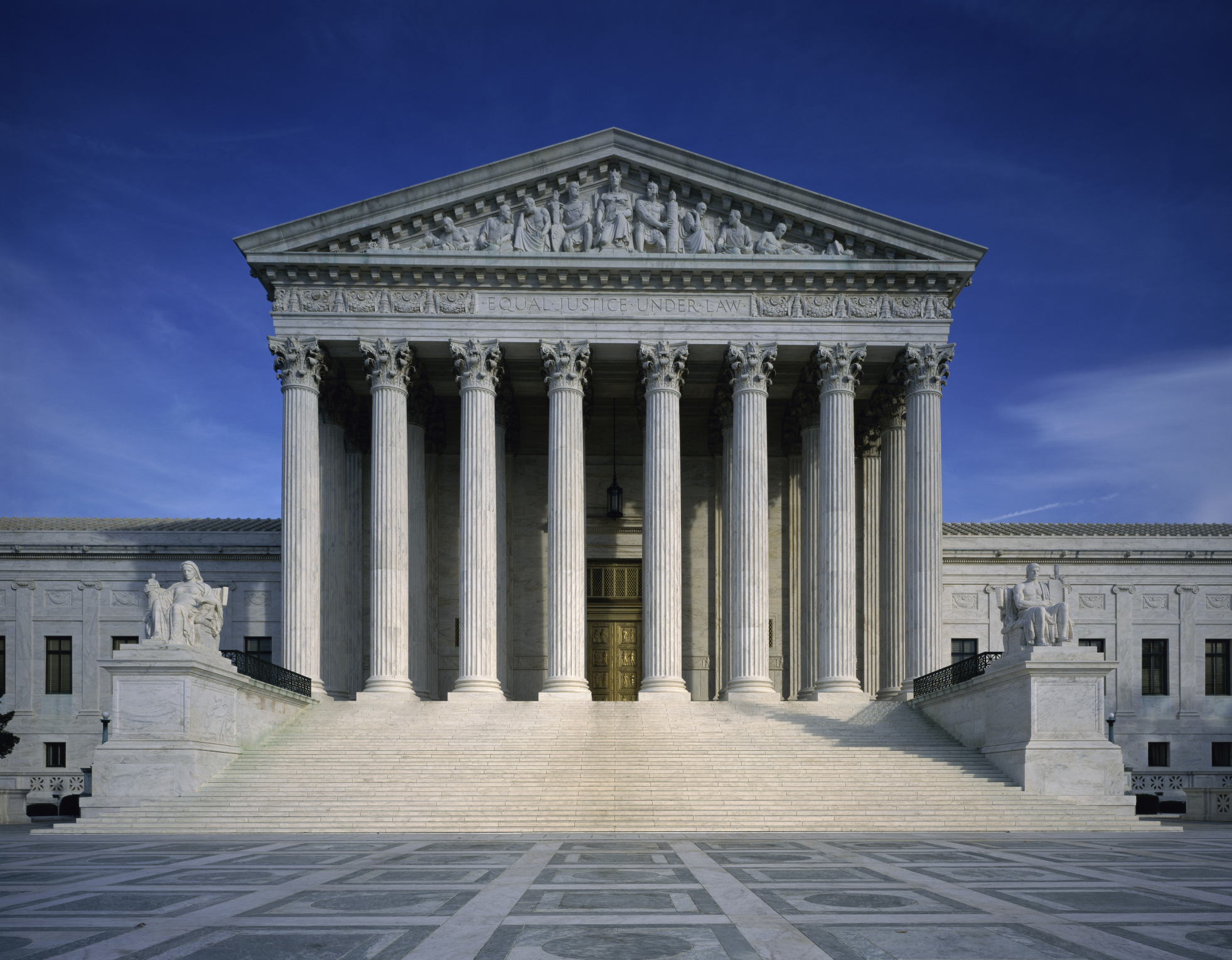
Authors Guild seeks SCOTUS review of copyright case against Google.
On New Year’s Eve, the long-running copyright dispute between the Authors Guild and Google turned another page when the Authors Guild filed a petition with the U.S. Supreme Court, seeking the high court’s review of a federal appellate court’s decision in Google’s favor.
The case is of interest to everyone involved in digital content distribution, both copyright-holders as well as those seeking to rely on the important exceptions and limitations to copyright, such as the fair-use doctrine. Under the fair-use doctrine, as codified in the 1976 Copyright Act, reproductions are permitted for purposes such as teaching, research, comment, and reporting. A four-factor balancing test is applied in contested cases, including:
- the purpose and character of the use – in particular, whether such use is of a commercial nature or is for nonprofit educational purposes;
- the nature of the copyrighted work;
- the amount and substantiality of the portion used in relation to the copyrighted work as a whole; and
- the effect of the use upon the potential market for or value of the copyrighted work.
As I have previously explained on The Regulatory Review, beginning in 2002 Google set out to digitize all of the world’s books, millions of which are out-of-print, orphan works. This project ultimately became known as Google Books. Scanning books raised copyright concerns, and in 2005 five book publishers and the Authors Guild sued Google in federal court for breach of copyright, alleging massive copyright infringement. Google defended its actions and claimed that they constituted fair use and were therefore permissible under copyright law.
The parties attempted to settle the litigation several times, but a proposed settlement agreement was ultimately rejected by the trial court after significant public opposition to its terms from groups representing authors as well as the U.S. Department of Justice, the latter of which cited antitrust concerns. Eventually, the trial court reached a decision on the merits in 2013. It applied the fair-use doctrine to the facts and concluded that Google’s actions did indeed fall within the terms of that doctrine, concluding that “Google Books provides significant public benefits. It advances the progress of the arts and sciences, while maintaining respectful consideration for the rights of authors and other creative individuals, and without adversely impacting the rights of copyright holders.”
Even Publishers Weekly was moved to describe the trial court’s opinion as “ringing endorsement” of Google Books. Nonetheless, the Authors Guild appealed to the Second Circuit of the U.S. Court of Appeals. In a unanimous opinion handed down just this past October, a three-judge panel agreed with the trial court’s fair use analysis and sided with Google. The Authors Guild wasted little time reacting to the Second Circuit’s decision and announced in a press release that it trusted “the Supreme Court will see fit to correct the Second Circuit’s reductive understanding of fair use.”
The Supreme Court grants petitions like those filed by the Authors Guild in only a minuscule number of cases, so the odds for the Authors Guild do not look good. The Second Circuit opinion favoring Google was unanimous and relied on previous Supreme Court precedent in its reasoning. However, time will tell if the Supreme Court finds a hook to review the case in light of its prominence and high-stakes nature.




